-
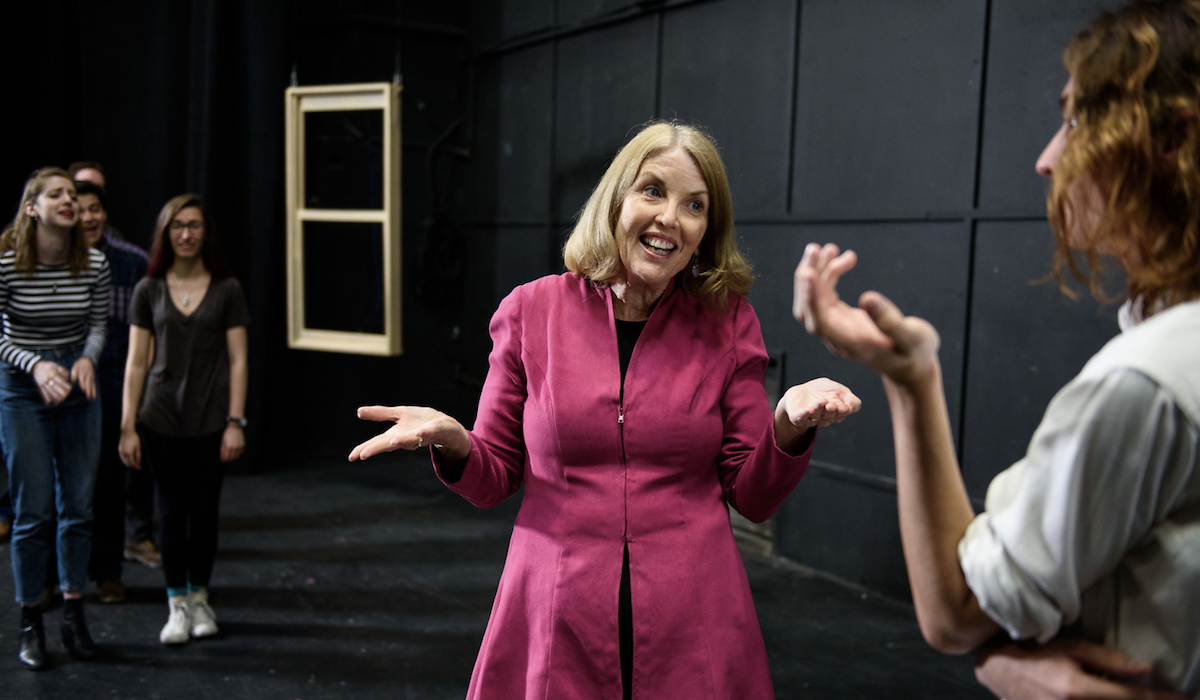
From Stage to Classroom: The Teaching Artistry of Dr. Rosalind Flynn
Dr. Rosalind Flynn brings theatre to the classroom through drama-based learning strategies that spark connection, collaboration, and critical thinking. Drawing on her artistic background and longtime work with The John F. Kennedy Center for the Performing Arts, she helps educators transform learning through the arts. In this interview, she reflects on her journey and why she considers teaching her highest artistic practice.
Read More -
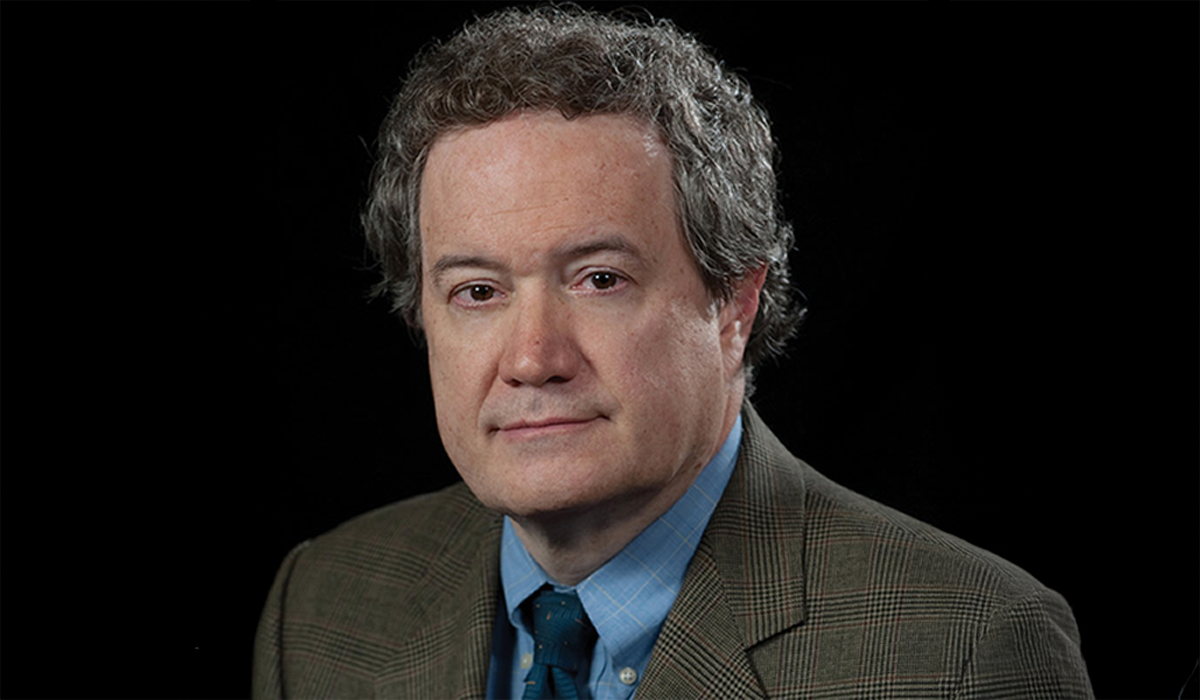
The Technocratic Paradigm: A Conversation with Prof. William Saunders on AI, Ethics, and Education
The technocratic paradigm refers to a worldview that prioritizes technological and economic power over ethical and moral considerations. In Laudato Si’ and Laudate Deum, Pope Francis warns of the dangers of uncritical technological adoption, particularly in artificial intelligence and automation. Faculty must thoughtfully examine AI’s role in education to ensure it serves human dignity rather than undermining it. In this interview, Prof. William Saunders, Director of the Program in Human Rights at CUA's Institute for Human Ecology, discusses how educators can help students critically engage with the ethical, social, and pedagogical implications of emerging technologies in the classroom.
Read More -
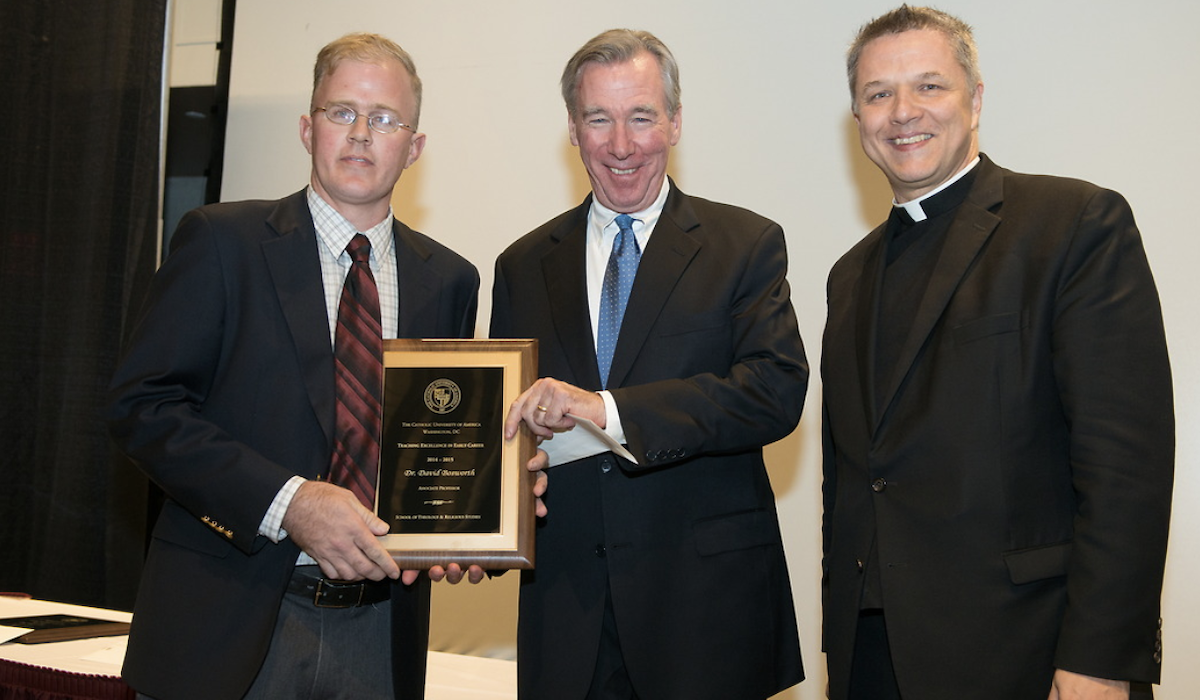
Faith, Thought, and Teaching: Dr. Bosworth’s Approach to Biblical Studies
Dr. David Bosworth, Associate Professor of Old Testament, blends anthropology, theology, and history in his interdisciplinary approach to biblical studies. A dedicated mentor and teacher, he shares insights on pedagogy, mentorship, and biblical interpretation. In this interview, Dr. Bosworth discusses how historical context shapes scripture, the role of emotion in biblical texts, and the importance of teaching as an act of humility and love.
Read More -
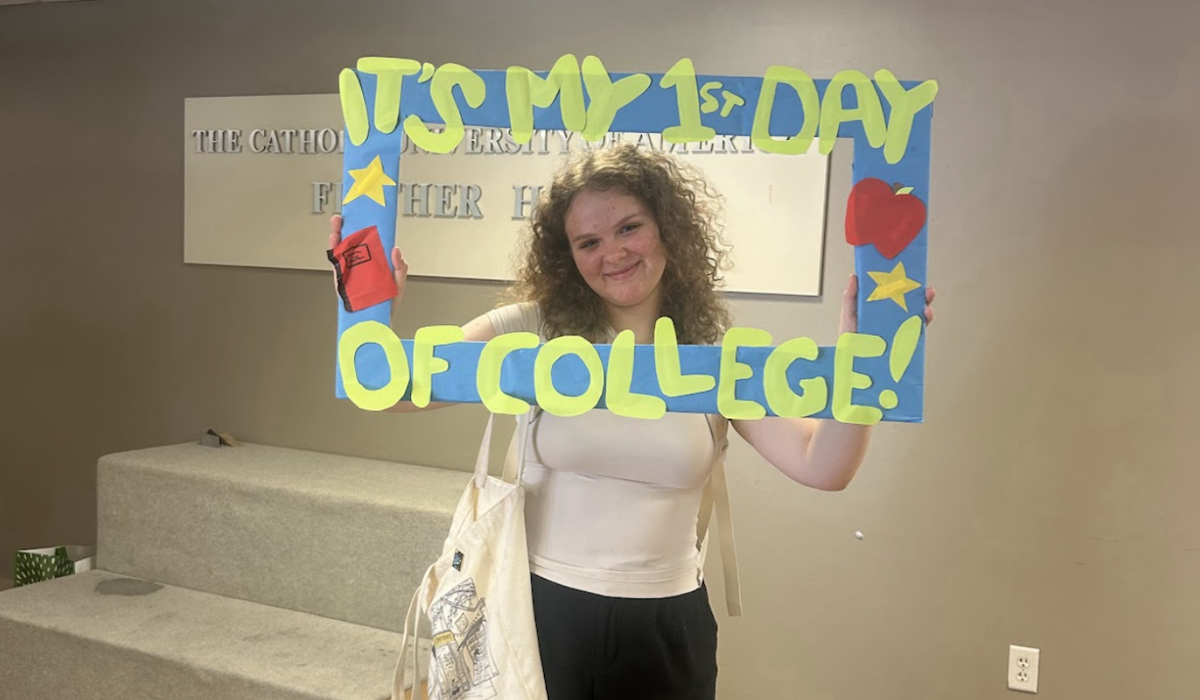
A Student’s Journey with Organization and Time Management
In this article, Liz shares a valuable lesson learned during her first week of college. She describes her experience managing the new workload and how she transformed her initial overwhelm into a productive, confidence-boosting college routine by adopting simple organization strategies.
Read More -
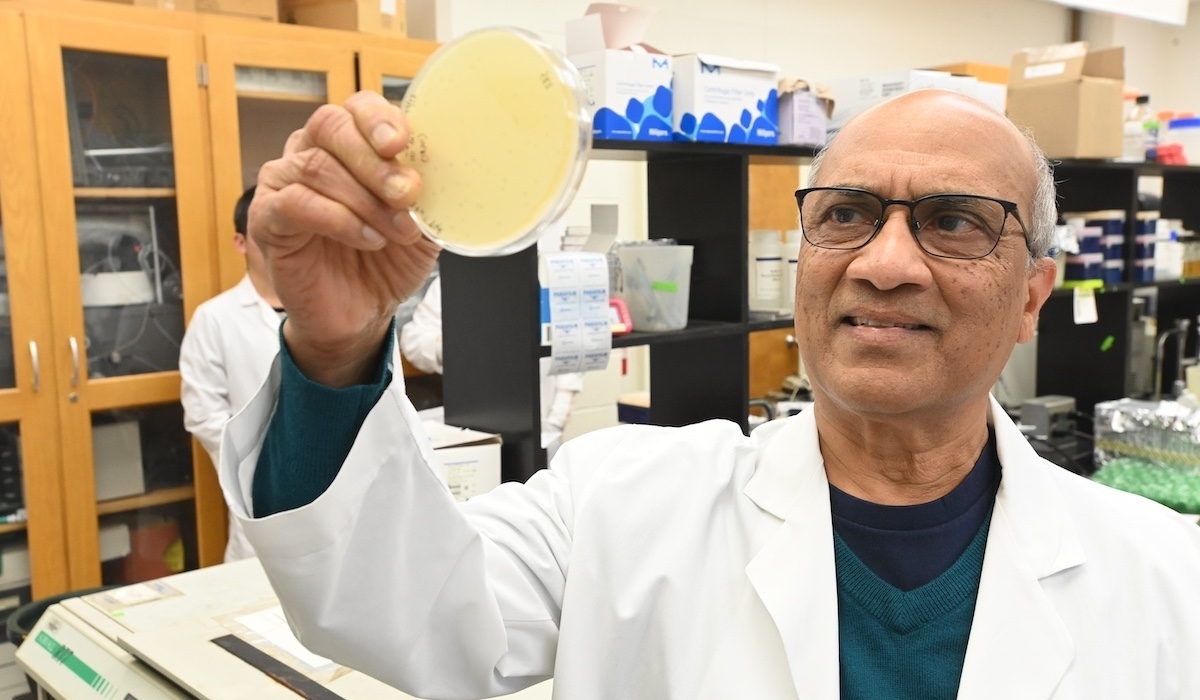
Faculty Spotlight: Dr. Rao's Journey in Phage Therapy Research
Discover the groundbreaking research of Dr. Venigalla Rao, a pioneer in bacteriophage biology and the founding director of Catholic University’s Bacteriophage Medical Research Center. From decoding the intricate T4 phage structure to developing phage-based vaccines and therapies for antibiotic resistance and genetic diseases, Dr. Rao’s work bridges cutting-edge science and global health solutions. With decades of mentorship and continuous NIH funding, Dr. Rao empowers future scientists while advancing life-saving innovations. Learn how his journey inspires transformation in science and education.
Read More -
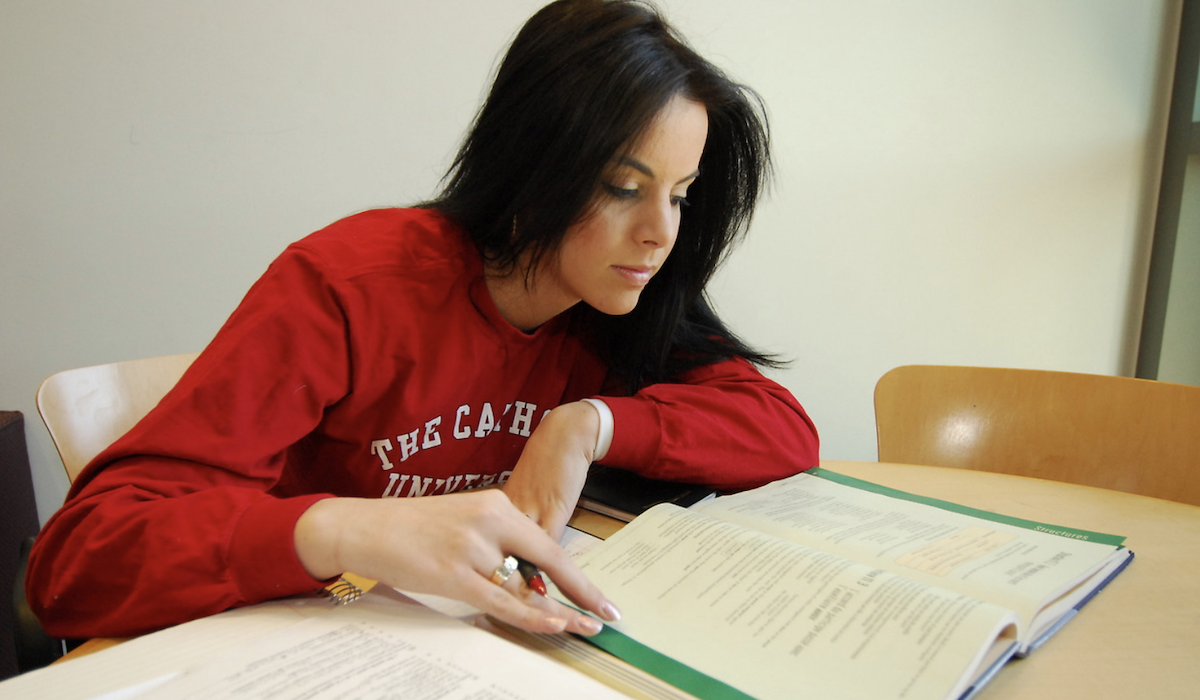
Assessment and Evaluation in the Age of Artificial Intelligence
Assessment and evaluation practices are evolving in the age of AI. This article explores how AI and Learning Assessment Techniques (LATs) can create more meaningful and equitable learning experiences. Grounded in Fink’s Taxonomy of Significant Learning, we discuss how educators can balance AI tools with human judgment to foster critical thinking, creativity, and deeper student engagement. Explore practical strategies and access resources from our recent presentations, including session recordings and slideshows.
Read More -
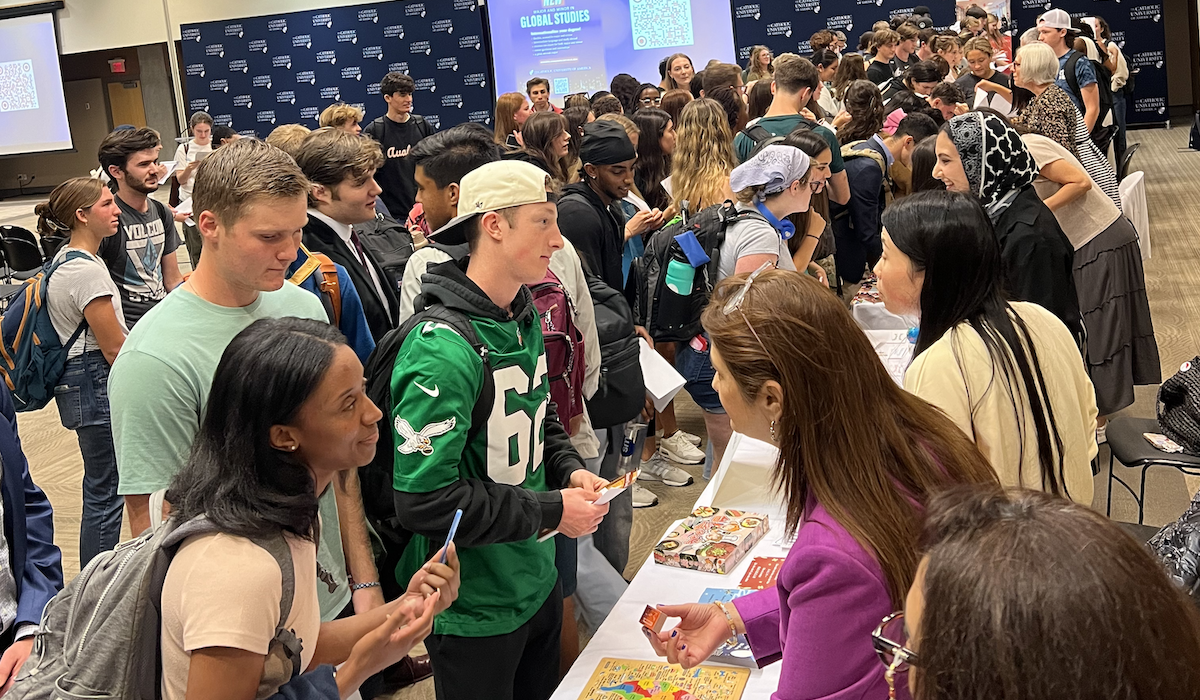
Globalizing Education at Catholic University
In this article, Dr. Julia Young shares the inspiring journey behind the creation of Catholic University’s new Global Studies program. Rooted in Catholic social teaching, the program integrates language skills, cultural competence, and interdisciplinary global issues to prepare students for impactful careers. With flexible course options, a focus on real-world applications, and opportunities for internships, the program is quickly gaining popularity. Learn how it’s shaping the future of global education at Catholic University.
Read More -
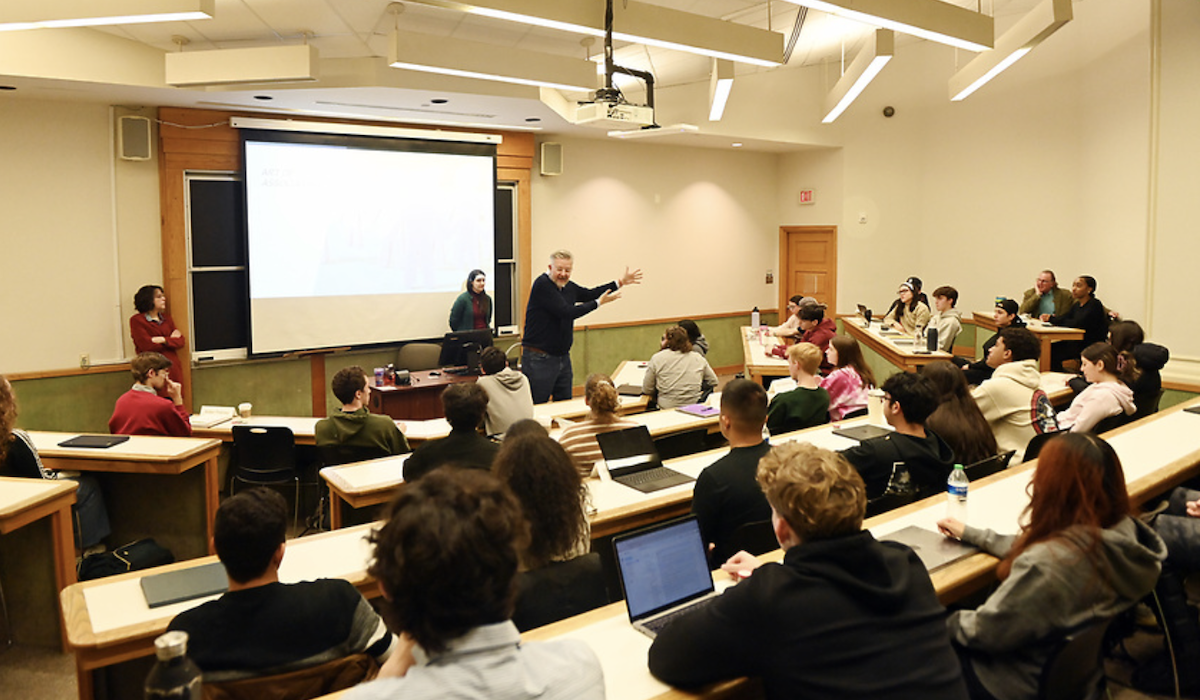
Applying What We've Learned About Instructional Strategies to Our Future Classrooms
As CTE graduate assistants, we have had the unique experience of simultaneously being students and instructors. While we have witnessed CTE provide instructional coaching and host several events centered around instructional design, we have been introduced to instructional strategies that we recall were beneficial to us as students. As many of these strategies have been shown to effectively improve student learning, we plan to incorporate these strategies in our classrooms.
Read More -
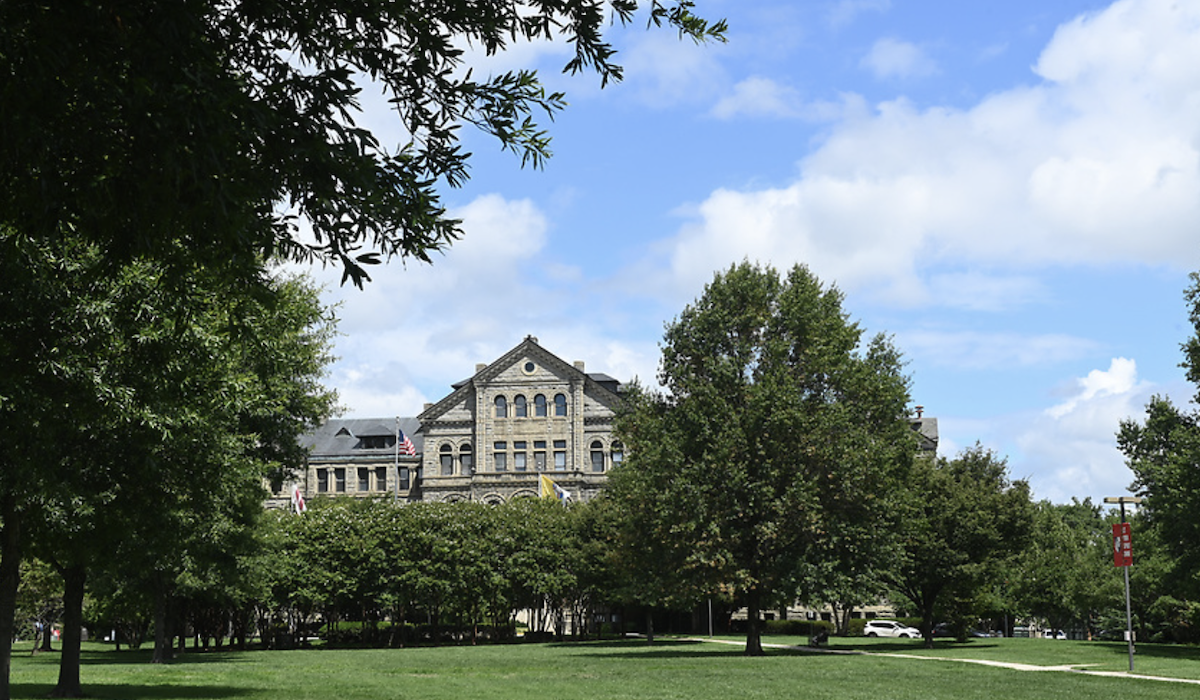
A New Academic Year at Catholic U!
As we embark on the 2024-2025 academic year, we warmly welcome new and returning faculty to our vibrant community of educators and scholars. Each new year brings fresh opportunities for growth, innovation, and collaboration, and this year is no exception. From leveraging AI in assessment to organizing your courses with HTML, the Center for Teaching Excellence is here to support your journey every step of the way. Join us as we explore new approaches to education and continue our shared pursuit of teaching excellence.
Read More -
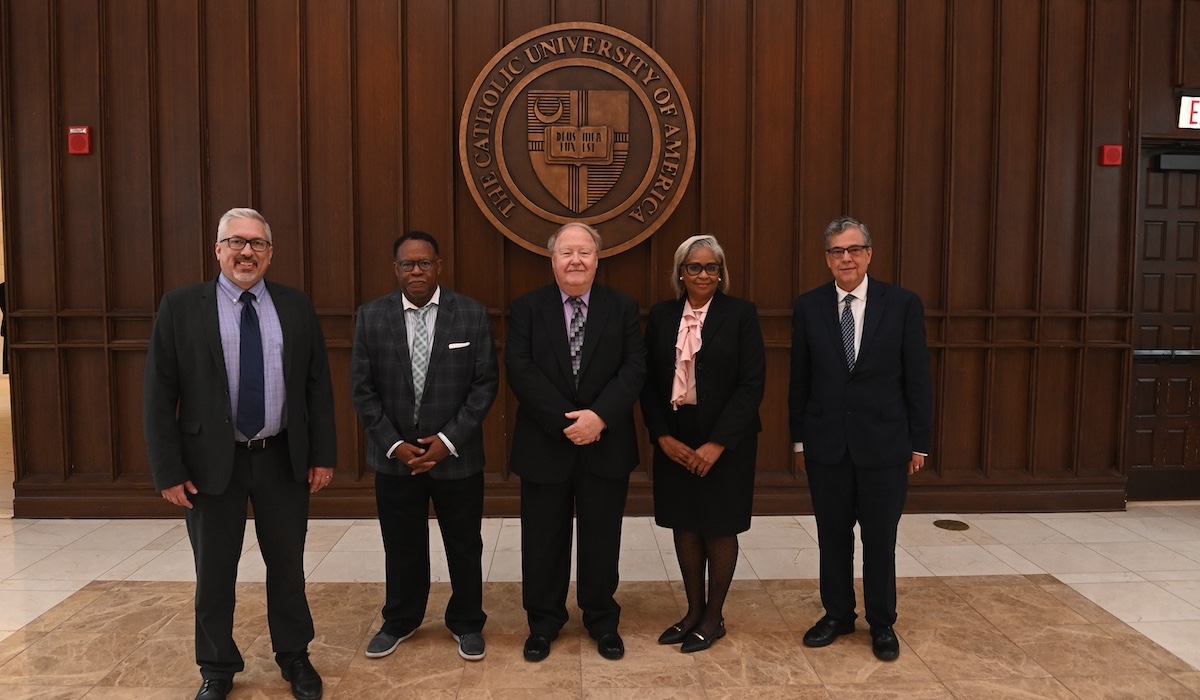
Celebrating the 2024 Provost Awards for Teaching Excellence Winners
Last month, Provost Dominguez honored five exceptional faculty members with the 2024 Provost Awards for Teaching Excellence. Let’s celebrate the accomplishments of these educators, who are recognized for their outstanding commitment to innovation and academic excellence. Discover their inspiring contributions and their significant impact on our educational community. We would also like to extend our heartfelt thanks to all who attended the ceremonies and supported our faculty in this celebration.
Read More -

Tools for Trauma-Informed Instruction
Byproducts of traumatic experiences could include challenges with paying attention, engagement in class, memory, or retaining information. These struggles could contribute to a decline in academic performance. However, they often go unrecognized. Resources like a trauma checklist or a list of resources for referral can assist instructors in determining whether students’ academic struggles are related to traumatic exposure, to better address the root of the problem.
Read More -
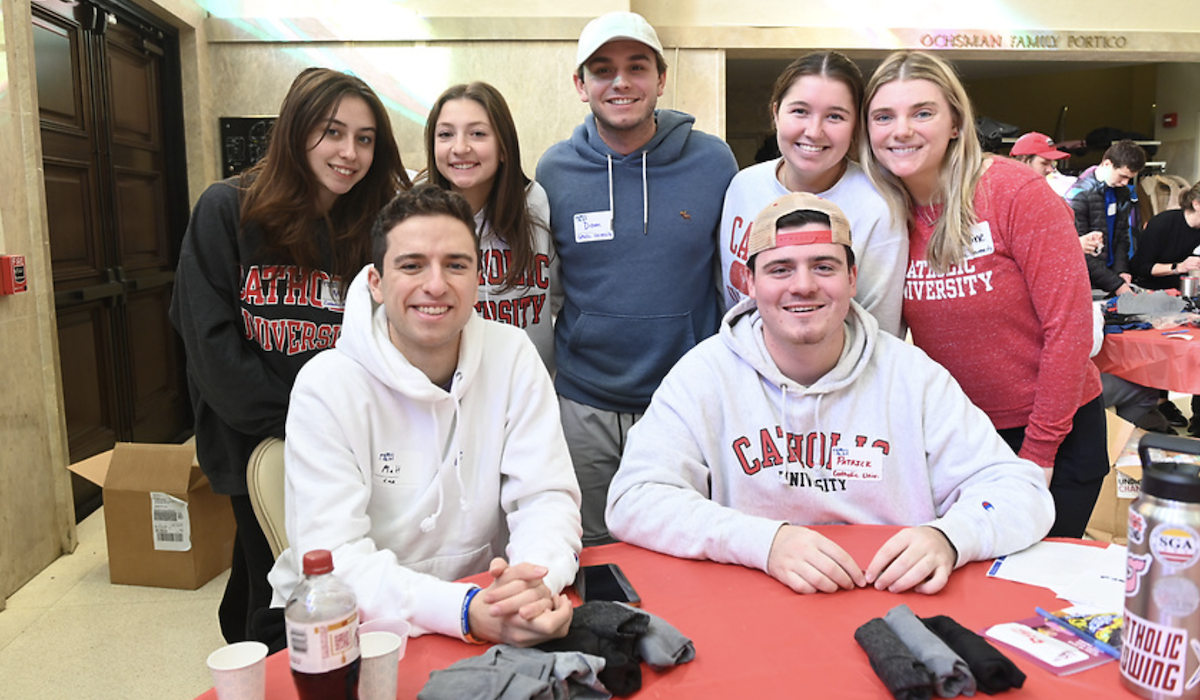
Holistic Education: Fueling Bodies and Minds in an Academic Setting
In this review, graduate assistant James Dolley discusses an article written by Cathy A. Pohan for Faculty Focus. Pohan’s article provides examples to educators regarding how to nurture students’ physiological and emotional needs, and how doing so increases academic success. James identifies other strategies to maintain students’ well-being, including through some of Catholic U’s resources.
Read More -
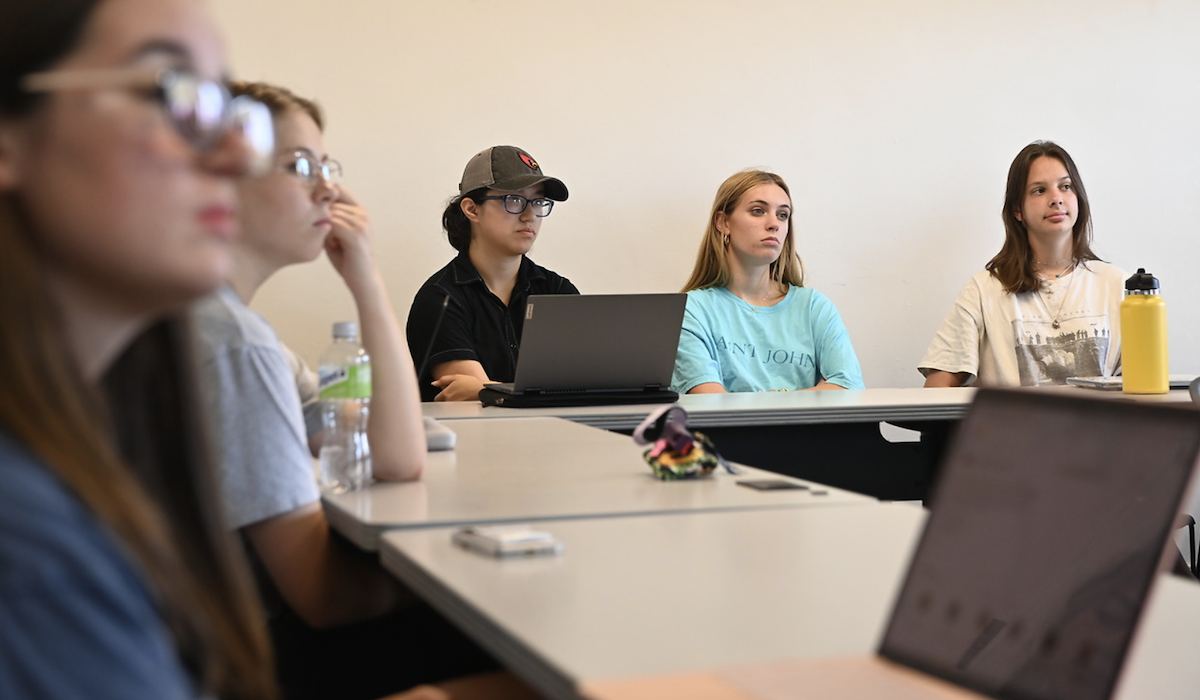
Tech in Class: Enhancing Engagement or Fueling Distraction?
Have you ever spotted a student lost in an Amazon shopping spree or engrossed in a football game during your class? The key to technology integration lies in a balanced approach involving clear policies, active student participation, and innovative teaching strategies. Engaging students in setting technology norms, adapting teaching methods to maintain engagement, and using technology as a tool for active learning can enhance the educational experience. Additionally, ethical considerations and ensuring accessibility for all students are paramount. Ultimately, the decision to ban devices lies with the educator. Consider your students, your teaching practices, and how technology use may or may not align with your learning goals.
Read More -
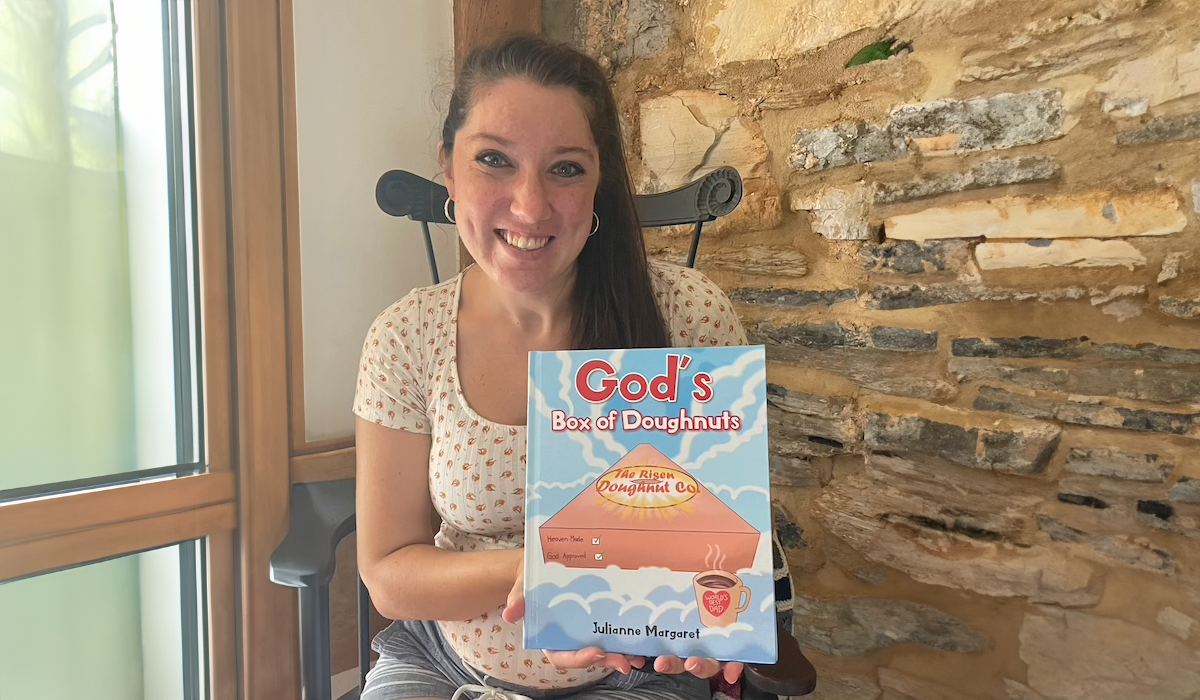
God's Box of Doughnuts: An Interview with a Catholic University Alumna
In this article, James Dolley interviewed Catholic U alumna Julianne Stuart, who recently published a children’s book entitled God’s Box of Doughnuts. She discussed her inspiration for writing the book, which included taking a course on children’s literature with one of our own, Dr. Angela McRae. Julianne also offers advice to current undergraduate students at Catholic.
Read More -

How Ungrading Altered (and Did Not Alter) My Classroom
This article describes the pedagogical shifts in my classroom that resulted from a Theology and Religious Study student-led summer study of Ungrading: Why Rating Students Undermines Learning (and What to Do Instead) (Blum, 2020). While I was not able to leave grading completely behind, these are the first steps I am taking towards providing students with agency in the classroom and the tools to reflect on their own learning experiences.
Read More -
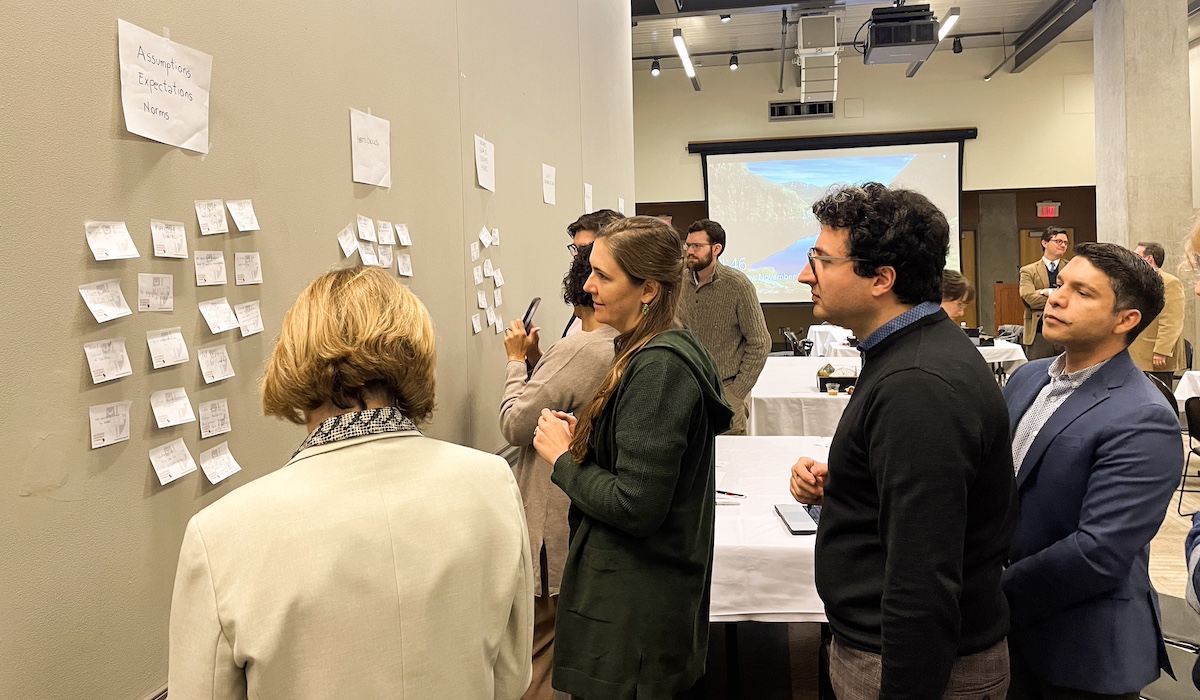
Faculty Event Recap: Mitigation and Enrichment of Artificial Intelligence in Higher Ed
With representation from several departments including Nursing, Architecture, Education, English, Marketing, Early Christian Studies, Politics, Library and Information Science, Business, History, Philosophy, and Greek and Latin Studies, faculty gathered in Great Room C of the Edward J. Pryzbyla University Center on November 8th, 2023, for “Mitigation and Enrichment: What do we now?” The workshop serves as the third installment of the Artificial Intelligence Workshops facilitated by CTE Faculty Fellows Dr. Jonathan Askonas and Dr. Justin Litke from the Department of Politics.
Read More -

Approaching Ungrading
Five Teaching Fellows in the School of Theology and Religious Studies reflect on their summer study of the book Ungrading. Their report offers an example of teacher-driven professional development as they draw out some of the big ideas and difficult aspects of Ungrading. In the end, more than recommending that particular book, the authors recommend general engagement with the scholarship on teaching and learning (SOTL) within a community of peers.
Read More -
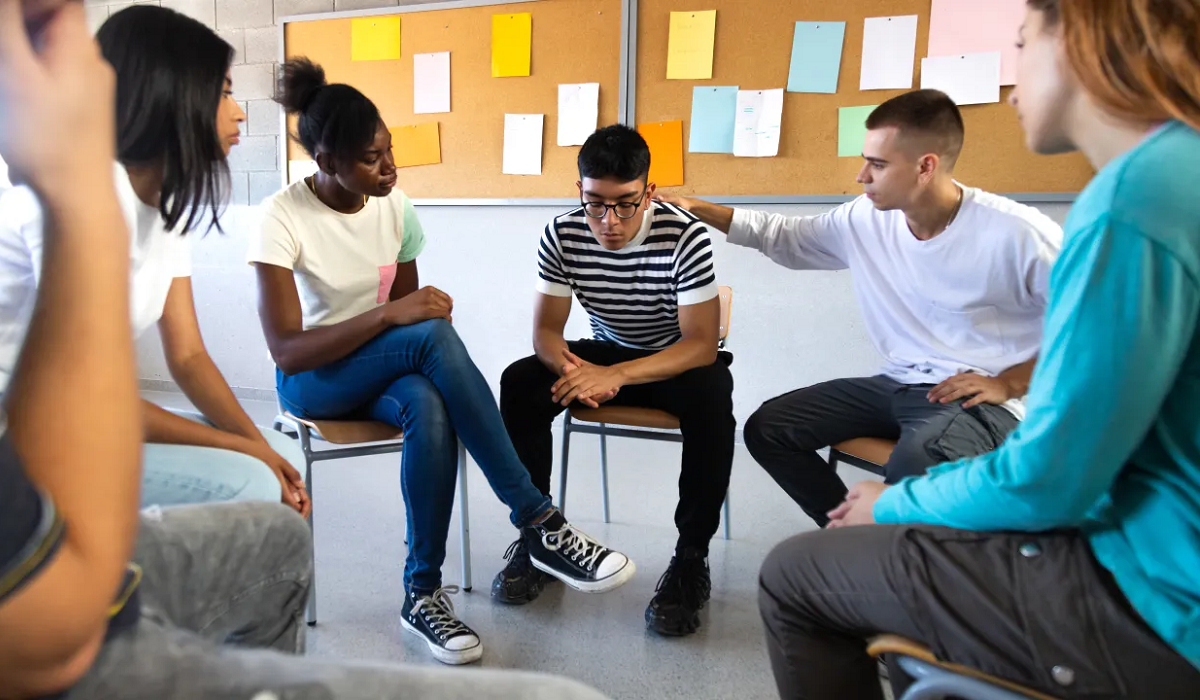
After Trigger Warnings: Adding a Trauma-Informed Lens to Your Classroom
Traumas are negative experiences that have harmful effects on emotional, social, and spiritual well-being, as well as academic performance. Traumas that are commonly experienced by children are abuse and violence. To best create positive learning experiences for our students, we must be aware that many of them will have experienced multiple traumatic incidents by the time they reach college. This article includes responses to those traumas when those signs arise in our classrooms.
Read More -
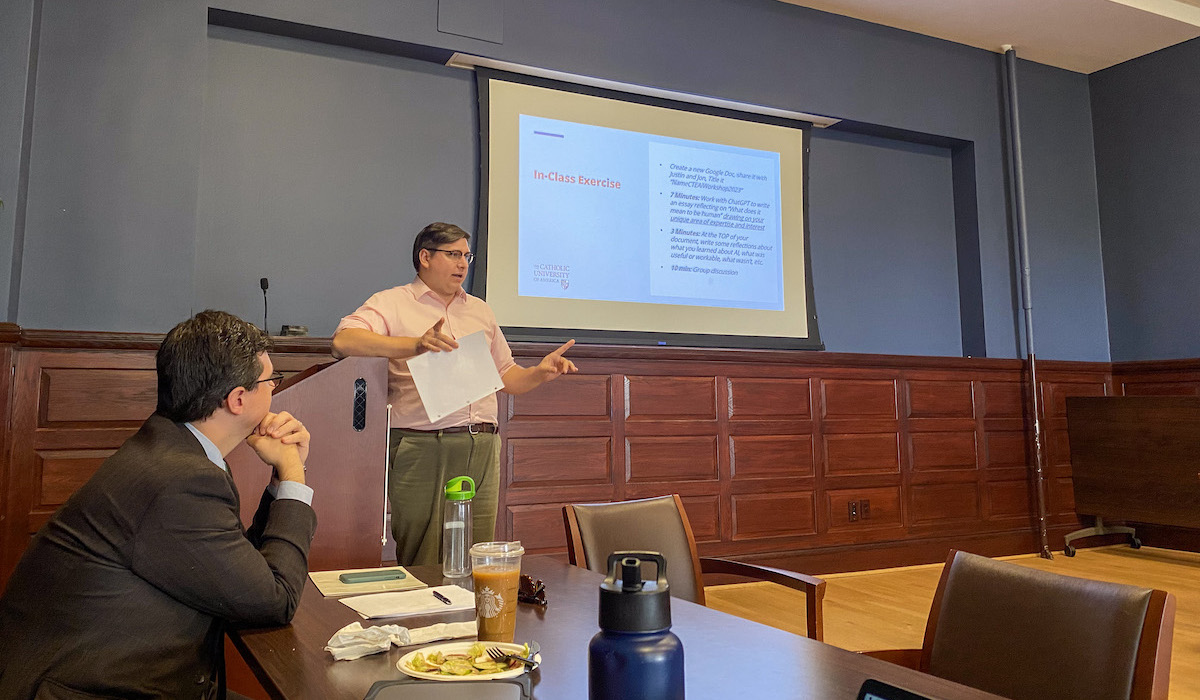
Faculty Event Recap: Plagiarism Prevention, Prompt Engineering, and the Catholic Tradition
Fifteen faculty engaged in a workshop led by Drs. Askonas and Litke, discussing AI-assisted plagiarism prevention, prompt engineering, and the Catholic tradition in education. The session explored digital-era learning dynamics, student integrity, and how to craft assignments, illuminating the intersection of AI and Catholic educational principles.
Read More -
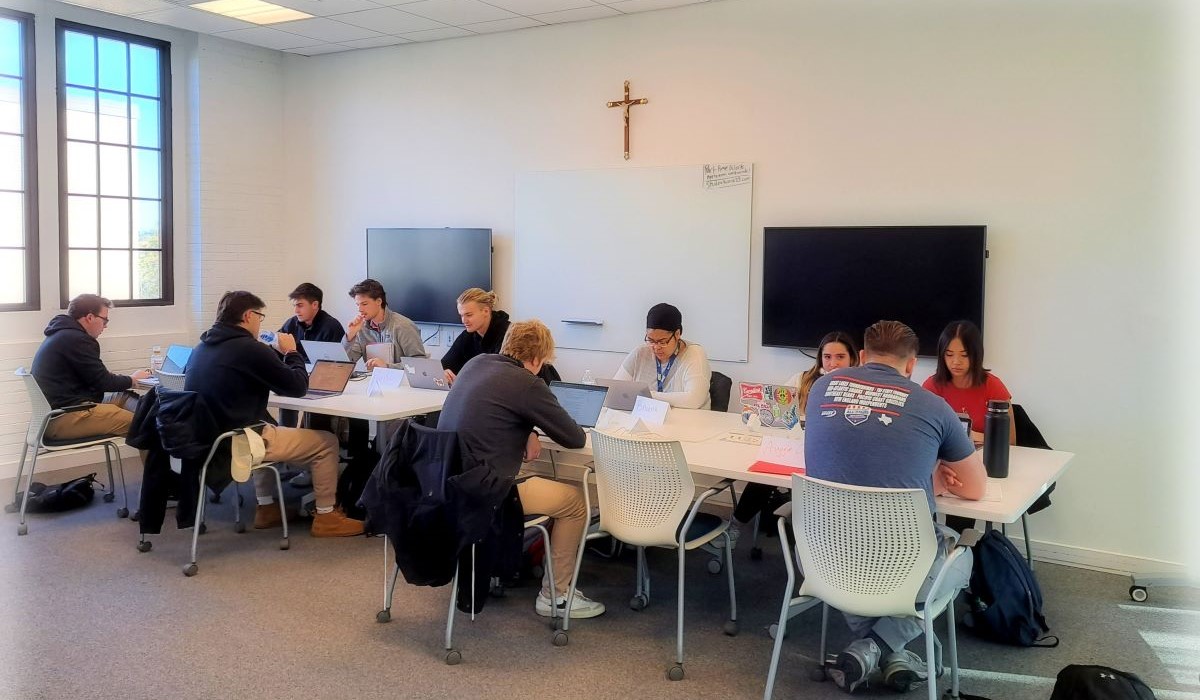
Reducing Anxiety and Increasing Curiosity in The Classroom
Tough business problems today call for a virtuous, polymathic approach, or one in which an individual applies expertise in two or more different disciplines simultaneously to create an innovative, respectful solution. This cannot be learned in a classroom when students exhibit high anxiety and low curiosity levels. Certain kinds of scaffolding and the QFT (Question Formulation Technique) may help lower anxiety and increase curiosity. This article explains how.
Read More -
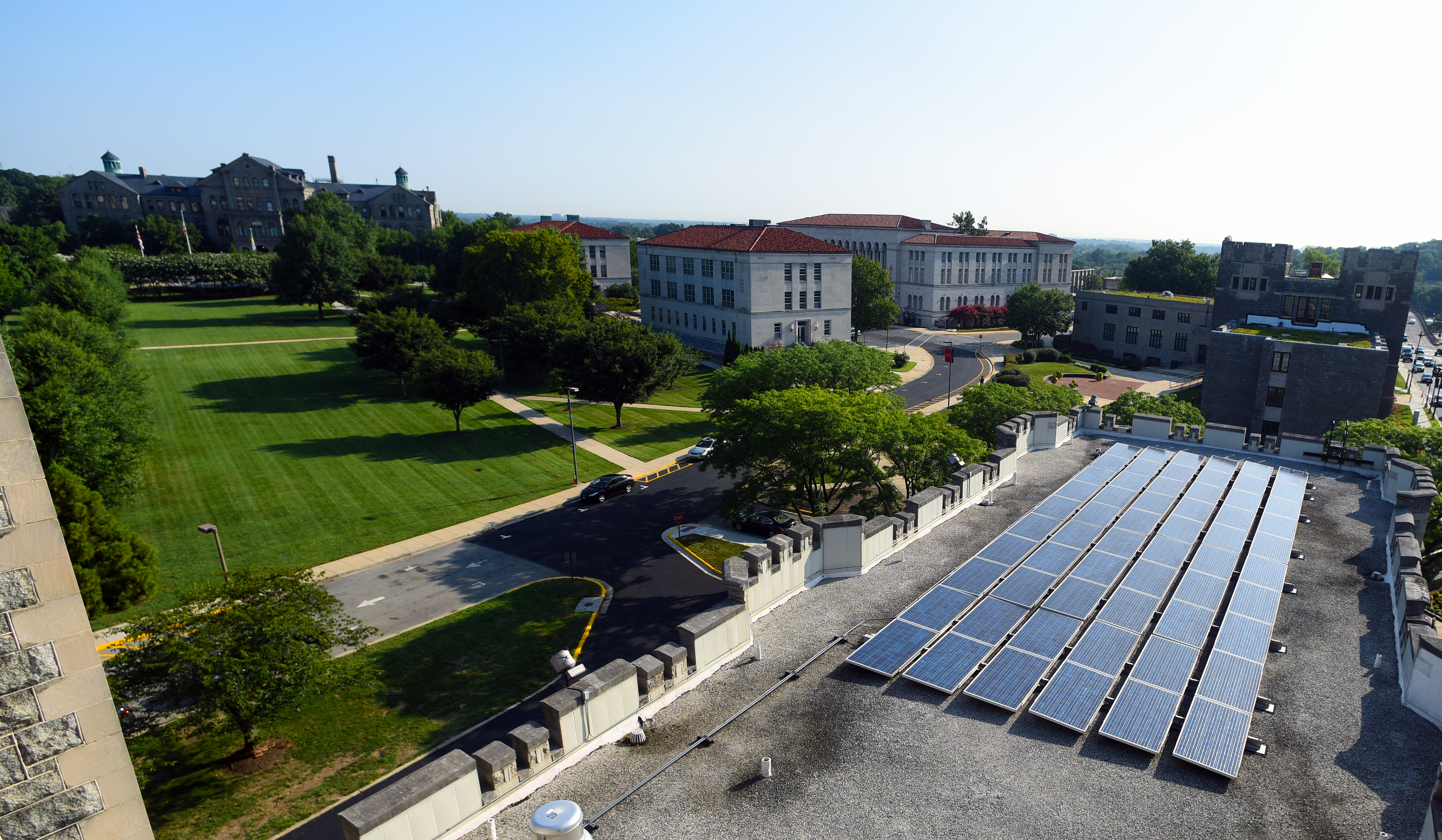
Campus Sustainability Month at Catholic University: Go Green, Cardinals!
October is Campus Sustainability Month! Check out some ways to incorporate sustainability into your courses and daily life at Catholic University. Whether it is encouraging your students to consider sustainability during class, spending time together doing service and learning in the community garden, joining CTE's Connect & Collaborate sustainability sessions, or scheduling a sustainability tour of campus for your students, there is something for everyone.
Read More -
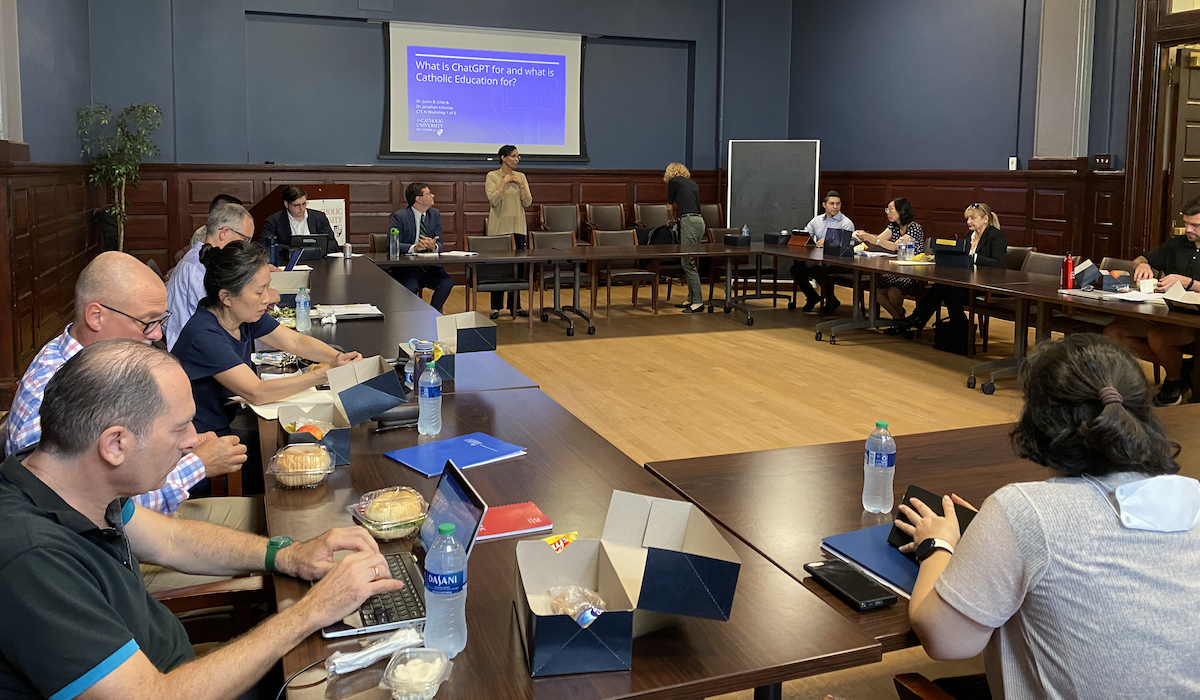
Faculty Event Recap: Exploring ChatGPT and Catholic Education
On September 6, 2023, faculty members from diverse departments gathered for a workshop exploring the intersection of Catholic Education and the role of artificial intelligence (AI) in education. The session participants discussed key AI terminology, the philosophical underpinnings of technology in education, and the need to recalibrate teaching methods in an AI-driven era. This event marks the beginning of a series aimed at bridging AI technologies with educational paradigms.
Read More -

EdTech Reviews: Loom
Loom is an asynchronous communication tool utilized by more than 21 million individuals across 200,000 companies. It offers educators free access to premium features and unlimited recordings. With Loom, you can create and share brief videos of your screen, webcam, or both. It enables you to convert complicated explanations into easily digestible videos and provide verbal context to documents or personalized feedback on assignments, thus eliminating the need for lengthy emails or additional meetings.
Read More -
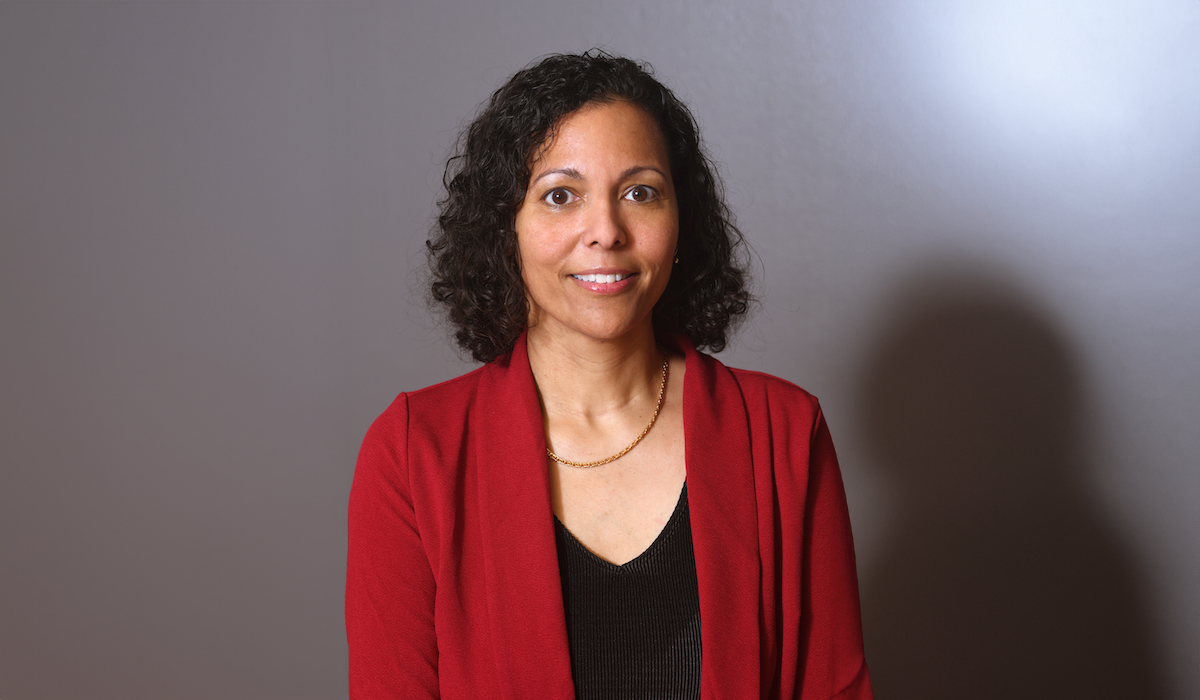
A Warm Welcome from our Director
The beginning of a new semester is a time filled with opportunities and challenges, and the Center for Teaching Excellence (CTE) is here to support you every step of the way. We are thrilled to welcome all instructors back to campus, particularly those who have recently joined our community. Let’s embrace a growth mindset in teaching and explore impactful strategies together!
Read More
